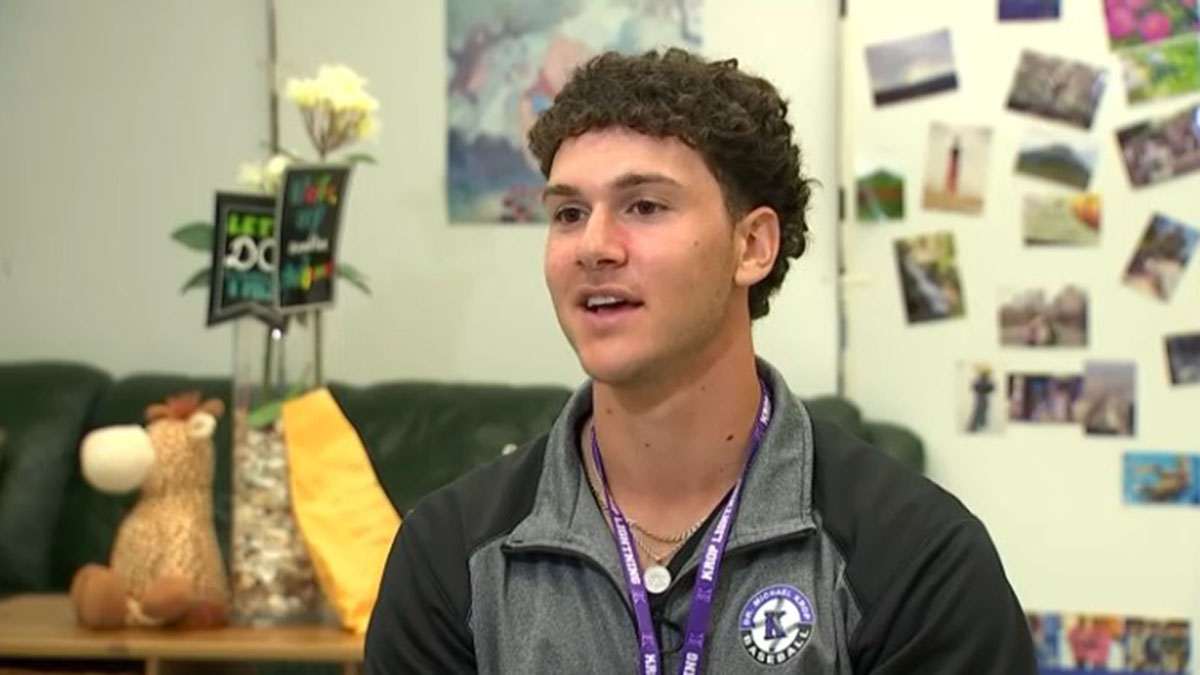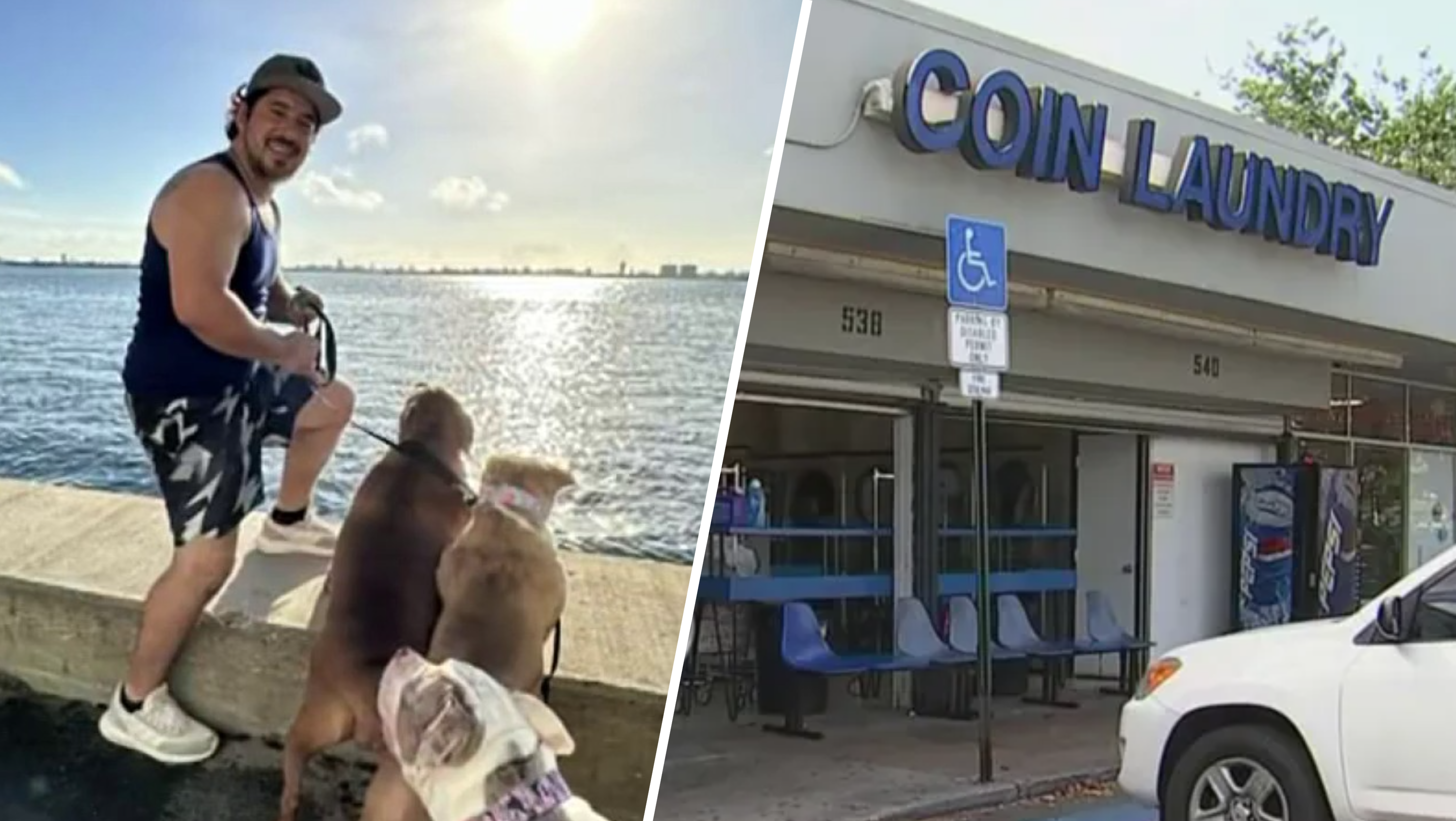When Rick Scott made his maverick push for Florida governor four years ago, the Republican took a hard line against illegal immigration that he used to assail his main GOP rival for the job. But with a likely tight re-election campaign looming, the incumbent is making a concentrated push to win over Hispanic voters.
Scott's latest bid to redo his image came Monday when Florida joined more than three dozen other states in the nation that offer in-state tuition rates to high school students living in the country illegally. The incumbent governor signed the college measure into law even though he had opposed the idea back in 2011.
He has framed his support as an effort to keep the cost of college affordable for aspiring students. The tuition rate paid by those in the country illegally is about four times higher than it is for other residents. The bill also restricts the ability of most state universities to charge tuition higher than the rate set by the state Legislature.
"Signing this historic legislation today will keep tuition low, and allow all students who grew up in Florida to have the same access to affordable higher education," Scott said in a statement.
But the new law also gives Scott a way to try to win over Hispanic voters.
Democrats, who have backed the push for in-state tuition for several years only to watch it die under previous Republican administrations, have sharply criticized Scott's about-face as a "deathbed conversion." Sen. Chris Smith, D-Fort Lauderdale, called Scott's decision to back the bill a "remarkable turn-around."
And Scott's decision to embrace the in-state tuition law comes at the same time his re-election campaign is actively targeting Hispanic votes. It launched a Spanish radio ad this week, which followed a Spanish-language ad that was aired on television in late April. The ads came earlier than those from past candidates.
Local
Jaime Florez, the Hispanic communications director for Scott, vowed the initial buy was "only the first of many to come." Scott has a Spanish website and a Spanish communications shop.
Four years ago, Scott had strong backing from tea party conservatives. He called for an Arizona-styled enforcement law for illegal immigration and a need to "secure the borders." Just last year he vetoed a bill that would have offered temporary driver's license to some young immigrants.
But freed from the likelihood of a contested GOP primary, Scott is softening the stances he took during his first campaign.
He pushed for the legislation even after many of his fellow Republicans came out firmly against it and even called it "pandering" during a divisive debate in the state Capitol this spring.
Florida's Hispanic community varies widely by region and political affiliation. While Cuban-Americans reside in Miami-Dade and lean Republican, many Puerto Ricans who back Democratic candidates reside in Central Florida.
An April poll taken by a statewide business group found that 75 percent of likely Hispanic voters backed the idea. The poll of 500 voters, which had a margin of error of 4.38 percent, found strong support among both Cuban-Americans and Puerto Ricans for offering in-state tuition rates to high school graduates even if they were living in the country illegally.
House Speaker Will Weatherford, who championed the legislation even before Scott did, contended the push in the Legislature was not about a political goal of helping the governor and Republicans but about policy.
"We were righting a wrong," said Weatherford, a Wesley Chapel Republican. "I think it's a reflection of the leaders in Tallahassee who recognize there was an injustice taking place in society."
Scott has also criticized top Democratic rival and former Gov. Charlie Crist for advocating that the United States should scrap the 52-year-old embargo with Cuba.
Annette Taddeo-Goldstein, chairwoman of the Miami-Dade Democratic Party, maintained that Hispanics won't be swayed by an "election year ploy."
"At the end of the day I don't think it's going to work because as Hispanics we remember," said Taddeo-Goldstein.
One problem for Democrats, however, is that Crist was opposed to in-state tuition for students living here illegally when he was running as a Republican. Crist now says he supports the change.



